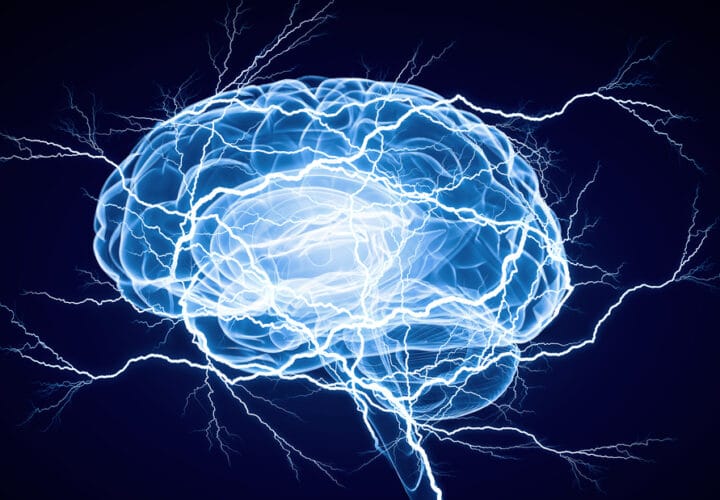Exercise has long been known to provide a wealth of health benefits, both physical and mental. But a new study suggests that exercise can boost mental cognition immediately following the session.
Researchers have been investigating the effects of exercise on mental cognition and wellness in older adults. In this study, researchers found that after a single exercise session, some participants experienced increased connectivity between the medial temporal (which goes around the brain’s memory center, the hippocampus) and the parietal cortex and prefrontal cortex, two regions that are part of cognition and memory, although some subjects gained a larger benefit than others.
“One implication of this study is you could think of the benefits day by day,” said Michelle Voss, assistant professor in the Department of Psychological and Brain Sciences and the study’s corresponding author. “In terms of behavioral change and cognitive benefits from physical activity, you can say, ‘I’m just going to be active today. I’ll get a benefit.’ So, you don’t need to think of it like you’re going to train for a marathon to get some sort of optimal peak of performance. You just could work at it day by day to gain those benefits.'”
While rigorous and sustained exercise can feel daunting, especially as one gets older, this study shows that even a single instance of activity can confer a temporary benefit.
This study, while preliminary, made several interesting findings. One finding was that some subjects benefited immensely from even low-impact, light exercise, while others did not. The study also found that continual or long-term exercise did not necessarily have a greater effect than a single instance of exercise, as the effects of exercise on mental cognition are rapid and not long-lasting.
The research team enrolled 34 adults between 60 and 80 years of age who were healthy but not regularly active. Each participant rode a stationary bike on two separate occasions — with light and then more strenuous resistance when pedaling — for 20 minutes. Before and after each exercise session, each participant underwent a brain scan and completed a memory test. The pool of subjects was small, so Voss has expanded her pool and is starting a five-year study to follow up with the initial findings.
These findings will help researchers better understand the relationship between physical activity and brain health, especially among older individuals or those experiencing cognitive decline. More research will need to be done on how exercise modifies and assists brain function, how long these benefits last and why some people benefit more than others. But it is an exciting first step toward a greater understanding of the relationship between physical and mental health.
Access the full study here.




